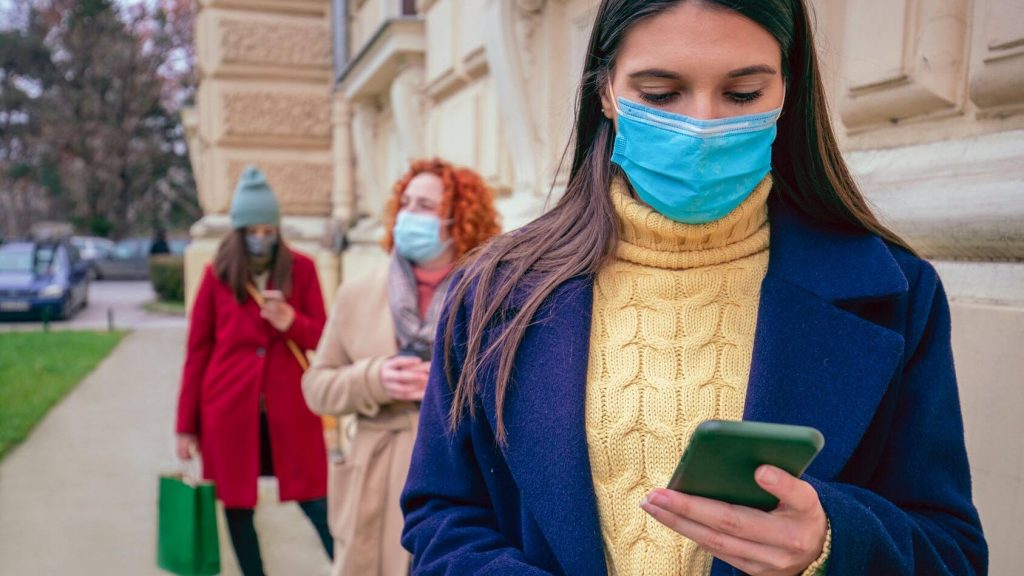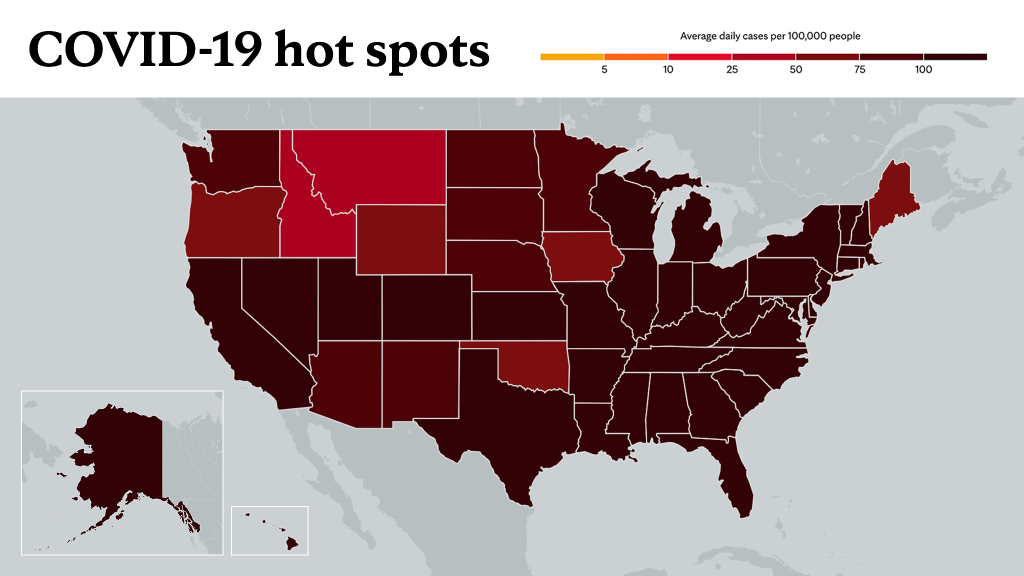-
COVID-19
Expert alert: Providing perspectives on a ‘new normal” in our COVID-19 environment

Expert Alert: Providing perspectives on a 'new normal' as COVID-19 transitions to endemic disease
Mayo Clinic experts are available to offer commentary and perspective on the "new normal" as COVID-19 transitions to an endemic disease. Among Mayo Clinic experts who are available:
John (Jack) O'Horo, M.D.
Dr. O'Horo is an infectious disease specialist at Mayo Clinic.
"History shows that vaccines can be incredibly successful," says Dr. O'Horo. "Think of what the world would be like if vaccines had never been discovered for polio, smallpox, measles or tetanus. If global vaccination rates increase, the highly effective COVID-19 vaccines can have an impact like other vaccines have in the past. COVID-19 vaccines are highly effective at preventing serious illness, hospitalization and death ― much more so than a typical flu vaccine, which each year prevents millions of infections and thousands of deaths in the U.S. alone. COVID-19 is beatable, and the tetanus and influenza vaccines provide a blueprint for success. Widespread vaccination, periodic revaccination ― when combined with effective treatments and prevention measures ― hold the key to changing COVID-19 from a global public health threat to a much more manageable seasonal illness."
Andrew Badley, M.D.
Dr. Badley is an infectious diseases specialist at Mayo Clinic and director of Mayo Clinic's COVID-19 Task Force.
"The emergence of hyperinfectious SARS-CoV2 variants likely heralds a shift in COVID epidemiology that favors endemic status, wherein COVID will never be eradicated but instead persists globally," says Dr. Badley. "Consequently, expectations for control must shift away from tracking breakthrough asymptomatic infections, and toward tracking and preventing symptomatic infections, hospitalizations and death, particularly in those at greatest risk. Making that shift will help guide allocation of our limited resources for testing, treatment and prevention."
William Morice II, M.D., Ph.D.
Dr. Morice is president of Mayo Clinic Laboratories.
"There are two key points: using data to guide public health and policy decisions, and being more flexible in how we conduct diagnostic testing," says Dr. Morice. "The data must be used to help us have a better understanding of what is happening in public health and help us guide policy decisions. Our health care system needs to be more flexible, too, so we can make use of decentralized diagnostics so that all testing does not have to be done by a public health employee or nurse. Won't at-home testing, if done properly and feeding into the data systems above, do more to make things easier for people and prevent disease spread?"
Jennifer Horn, M.D.
Dr. Horn is regional chair of clinical practice for Mayo Clinic Health System in Southeast Minnesota.
"As a primary care physician, it is my role to help educate my patients on prevention strategies to help ensure they can live a long and healthy life," says Dr. Horn. "Vaccines play a big role in preventive care, from cradle to grave. It is so important for patients to be up to date on vaccines no matter their age from a health maintenance perspective. We know from a historical and scientific standpoint that vaccines have helped people live longer, healthier lives. Being up to date on all vaccines, including the COVID-19 and influenza vaccines, is truly a critical piece to ensuring long-term health and wellness. As a partner in health, I advocate for my patients to make sure they have these lifesaving vaccines in order to have the best chance at growing older and being around for their families and loved ones."
Journalists: To interview these or other Mayo experts on topics related to COVID-19, contact Mayo Clinic Public Affairs, at newsbureau@mayo.edu.
About Mayo Clinic
Mayo Clinic is a nonprofit organization committed to innovation in clinical practice, education and research, and providing compassion, expertise and answers to everyone who needs healing. Visit the Mayo Clinic News Network for additional Mayo Clinic news. For information on COVID-19, including Mayo Clinic's Coronavirus Map tracking tool, which has 14-day forecasting on COVID-19 trends, visit the Mayo Clinic COVID-19 Resource Center.
Media contact:
- Ginger Plumbo, Mayo Clinic Public Affairs, newsbureau@mayo.edu
____________________________________________
Information in this post was accurate at the time of its posting. Due to the fluid nature of the COVID-19 pandemic, scientific understanding, along with guidelines and recommendations, may have changed since the original publication date.
For more information and all your COVID-19 coverage, go to the Mayo Clinic News Network and mayoclinic.org.
Learn more about tracking COVID-19 and COVID-19 trends.








